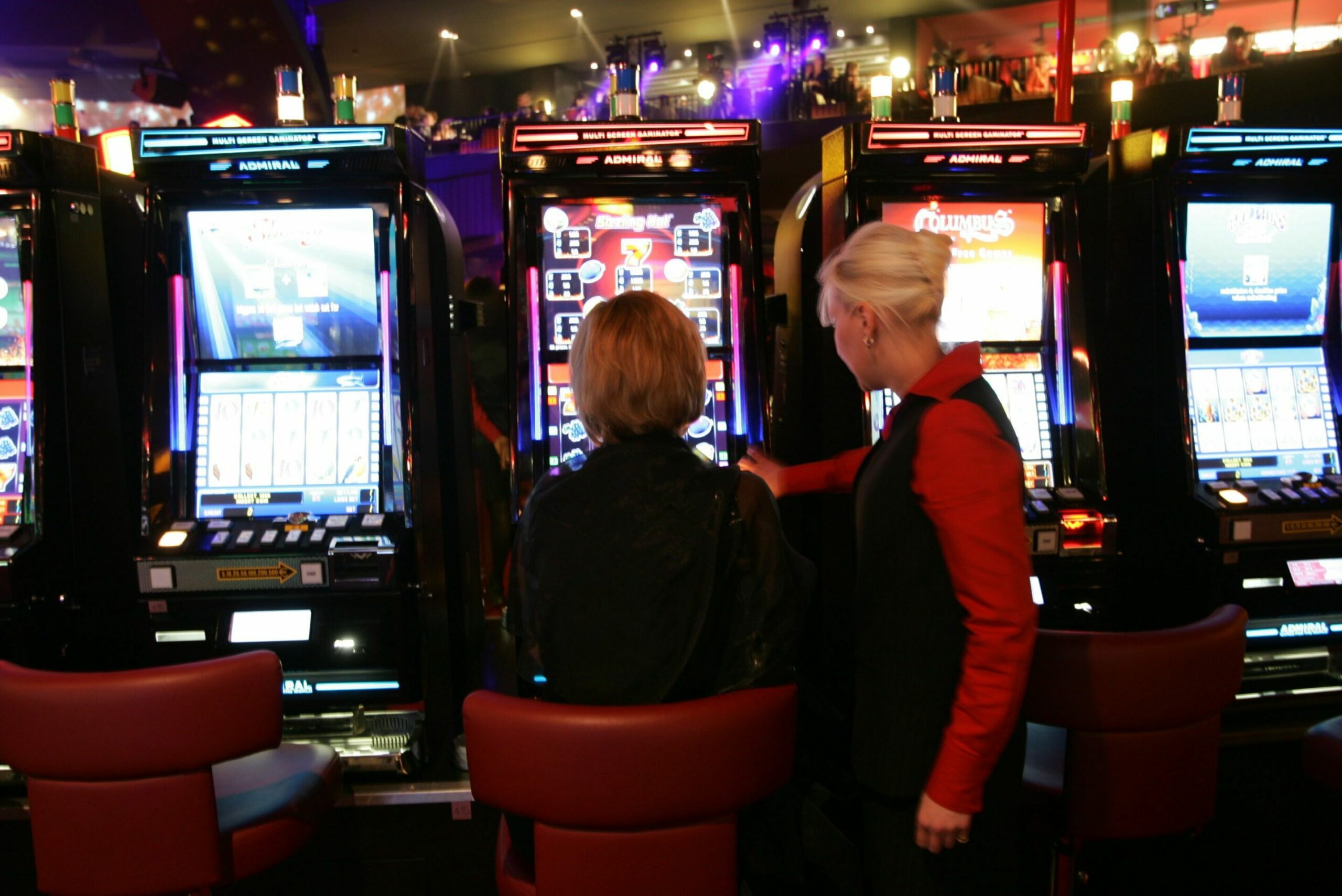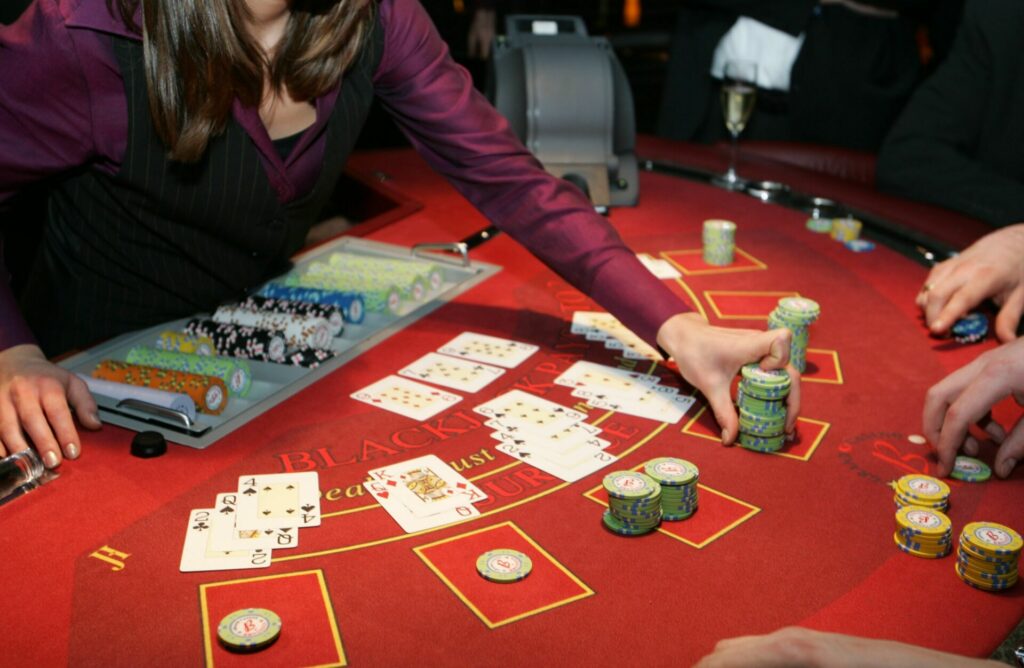Although 2023 was the first year with new, stricter rules on gambling, the industry made more money than ever before, recording over €1.7 billion in gross profit – up 16.74% from the year before –, the latest financial report from the Belgian Gaming Commission showed.
As the Federal Government intends to protect gamblers from themselves and from gambling companies, one of the new rules they introduced at the end of 2022 was an online gambling limit of €200 per week per website.
"However, the only significant decline was noted in bets in newsagents," a report by the Gaming Commission found. The effects of other tightened rules, such as the online limits, were "not noticeable" in the figures.
"This is what we warned about," a counsellor at the Gokhulp self-help gambling addiction association, Ronny Willemen, told De Standaard. "We all have a casino in our pockets these days."
Bypassing the limit
Willemen is not surprised that the €200 limit offered little relief. "People can increase that limit themselves. As soon as the rule came into effect, we received messages about gambling companies emailing people to explain how they could easily raise that limit indefinitely."
Additionally, Belgium has a high number of websites with a gambling licence compared to other European countries. "The legislation has allowed the industry to create a wide range, with disastrous consequences."
The sector grew significantly last year, both online and offline: gross profit at physical locations (bingo machines in cafés, casinos, betting offices) rose by an average of 15%. The average growth for online gaming is even greater, at 18%.

Credit: Belga / John Thys
In September, the gambling law will become stricter again, due to a so-called "in principle ban" on gambling advertising. This means that, in principle, gambling ads are not allowed. However, the government can authorise exceptions.
The new rules also include an age limit of 21 for any form of gambling, and offering bonuses will be prohibited as well. Online players will also have to create a separate account for different games: if a site offers casino games and bets, an account must be created for each type of game.
"The idea is that people do not end up on even more addictive games such as online slot machines in one click," said Bram Constandt, professor of sports management and gambling expert (UGent). Research has proven the effectiveness of implementing such thresholds.
Multiple accounts
At the same time, however, experts warn of a loophole in the new rules: while the weekly limit of €200 now applies per website, it will apply per account from September. This means that someone with multiple accounts can gamble for a maximum of €200 several times per website, without having to request an increase.
"The report shows that in 2023, people once again spent more on gambling, on average. International research shows that around 10% of all players generate 90% of the income," he said. "We must protect that group."
Related News
- Poorer Brussels communes 'targeted' by gambling industry, study suggests
- 'Toothless tiger': Belgian gambling regulator unable to collect fines
- 'A question of governance': Bouchez's links to gambling lobby in the spotlight again
The former leader of the Flemish socialist Vooruit party, Melissa Depraetere, believes that not enough is being done to limit these profits, and wants to put new, stricter measures on the table in the Federal Government negotiations. "The ban on advertising must continue, but new measures are also needed, and must be included in the discussions on forming a government."
Among other things, Vooruit's programme calls for a reform of the Gambling Commission, a demand also made by Flemish centrist MP Els Van Hoof (CD&V). "Today, this body is both gamekeeper and poacher. It grants licences to gambling companies and monitors them."
She also calls for these companies to be required to provide information to players, for example when they reach certain spending limits, and to the authorities, for example on the precise number of problem gamblers.

